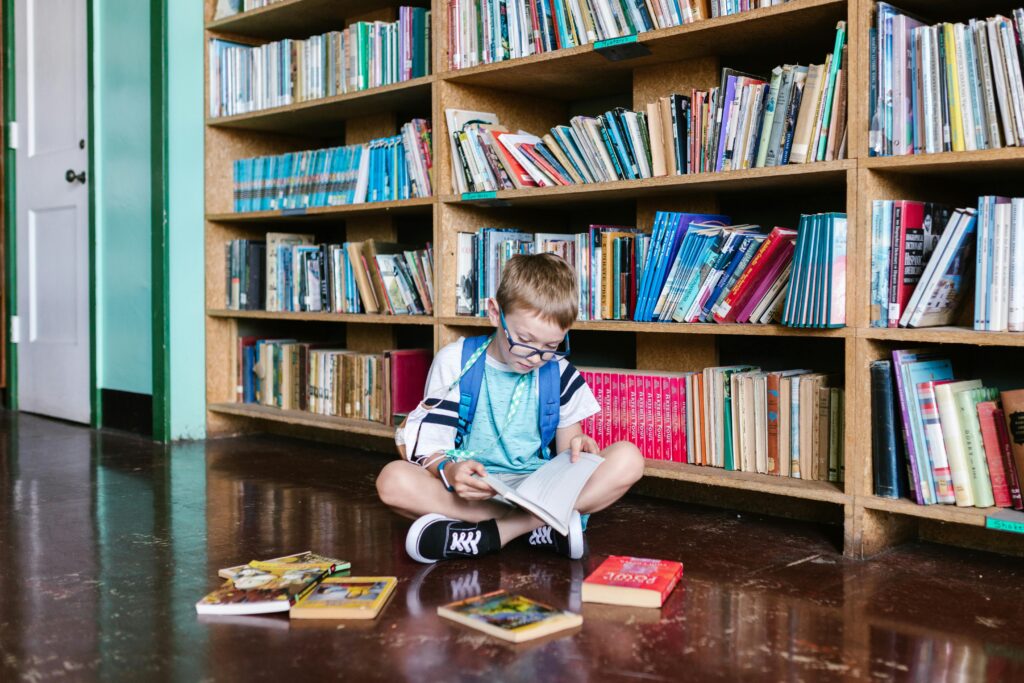

Back to School Tips to Motivate Kids in Term 4
🏫 Back to School, But Better: Helping Kids Finish the Year Strong
The last stretch of the school year can feel like a marathon. Kids are tired, parents are juggling the transition back to school from the spring holidays, and exams or end-of-year concerts loom large. Motivation dips just when focus matters most – but with the right strategies, families can turn Term 4 into a season of confidence and growth rather than stress and disengagement.
Research from UNSW shows that teenagers’ motivation naturally declines in high school, but support at home and school can buffer the slump. Whether you’ve got a primary schooler resisting homework or a teen glued to TikTok, these strategies can help.

👧 Primary School Kids (Years 3–6)
At this age, learning sticks best when it’s fun and practical.
- Turn schoolwork into play: Fractions while cooking, spelling scavenger hunts, or maths games in the car.
- Routine is magic: A steady after-school rhythm (snack, play, homework, screens) reduces friction.
- Spot disengagement early: Complaints of tummy aches, avoiding reading, or dropping enthusiasm for favourite subjects can flag deeper issues.
👉 Try: ABC Reading Eggs or a family reading challenge to keep momentum up.

👩🎓 High School Students (Years 7–12)
Older kids face exams, growing independence, and the pull of screens. They need structure, but also ownership.
- Collaborate, don’t command: Teens engage better when they help shape their schedules. Try Sunday night planning sessions together.
- Study smart: Encourage 25-minute bursts (Pomodoro technique) with quick breaks. Apps like Forest reward phone-free focus.
- Watch for red flags: Withdrawal from friends, persistent irritability, or falling grades could signal burnout or anxiety (headspace).
👉 Local tip: Inner West libraries run free HSC workshops and offer quiet study spaces.

🌿 Strategies That Work for All Ages
- Connect learning to life: Link maths to sport stats, science to cooking, or writing to their favourite shows.
- Prioritise balance: Kids who sleep well, eat well, and get outside focus better. Sleep hygiene alone can boost concentration by 30%.
- Set screen boundaries: Device-free windows (especially before bed) protect energy and sleep. No phones in bedrooms is a game-changer.
- Celebrate small wins: Use visible trackers or family “shout-outs” for finishing assignments, reading a chapter, or persisting with a tricky task.

📍 Inner West Resources Parents Love
- Inner West Library Service — Homework clubs, workshops, and quiet zones.
- NSW Education Parent Hub — Practical guides for every age.
- headspace Ashfield — Local support for teens struggling with stress, anxiety, or disengagement.














